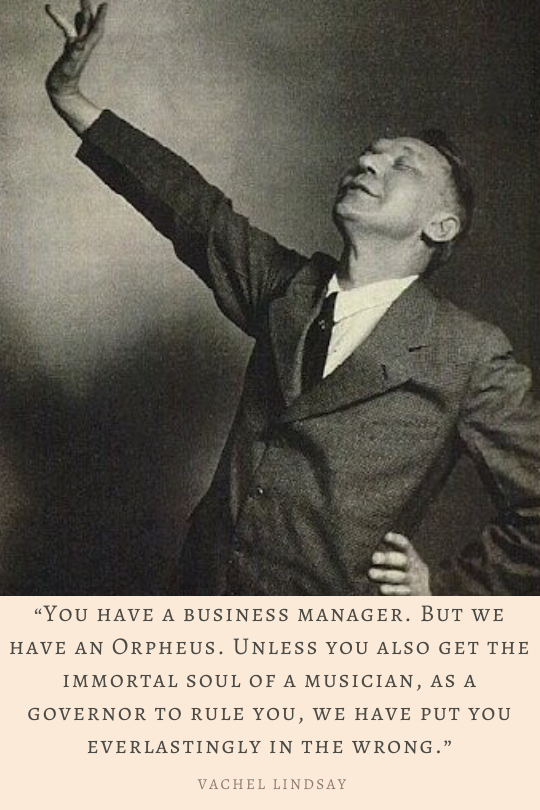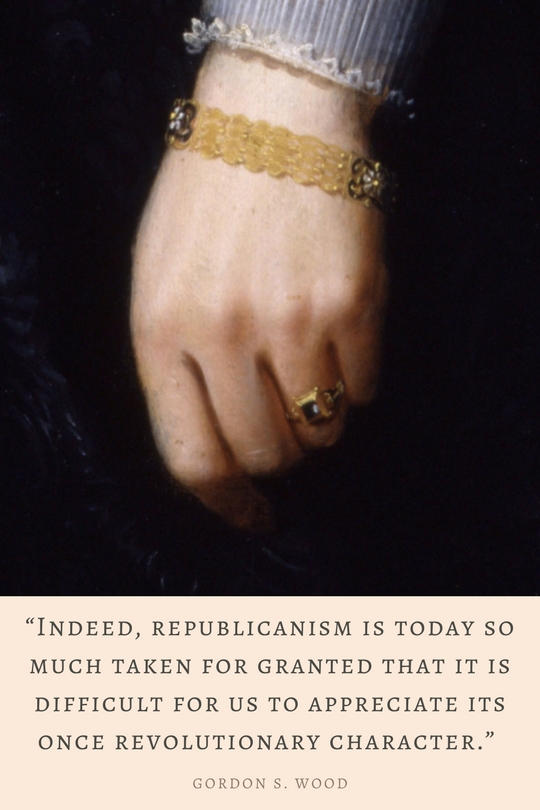The Romaness of Fascism: Palmieri and Mussolini on Mazzini, Dante, and the Mission and Influences of Fascism
“Fascism the conception of the historical mission of Rome, the vision of a world empire…”
(MARIO PALMIERI)
FASCISM MOLDED FROM THE PHILOSOPHERS OF ITALIAN HISTORY
“Rome is more than a city; Rome is a Universal Idea.”
(THEODOR MOMMSEN)
Rome is more than a city, and is a Universal Idea, indeed. The founders were inspired by Rome, yet the only time we speak of Rome is in reference to the depiction of Rome from a negative Christian sense. Mussolini promised the Italian people their dignity and honor, with the hope of building a neo-Roman Empire. As Mario Palmieri states himself of Fascism, that “the first principle of the Fascist conduct of life rests upon a mystic belief of the oneness of all living beings; the second principle, the principle of Authority, rests upon another mystic belief (…) that of the divine essence of the hero. Not the military hero, but hero in the sense meant by Carlyle: hero of the soul.” “One invisible tie binds together the destinies of all the people of one nation. (…) This is the first principle of the Fascist conduct of life…”
Mussolini and company did not merely invent the totalitarian doctrine out of thin air. He coined the term totalitarianism, but this concept has its foundations in the ideas on Absolutism argued by other Italian thinkers in his time.
Fascism maintains namely: the principle of Unity, the principle of Authority and the principle of Duty, Palmieri writes. This is exactly also Republicanism, but the latter with inclusion of Equality and Liberty (atleast in theory), which Palmieri critiques.
Then Palmieri says, “the ultimate reality of the Universe which lies behind and beyond the deceiving realm of appearances, does not reveal itself indiscriminately and equally to all men. There is Man in the abstract as a thinking and spiritual being; there are men in the concrete gifted in various degrees with the gifts of these divine elements of thought and soul. We are all partakers of the divine, but the Hero among us is partaker of it in a fuller measure than all.”
The Fascists sought an expression that was the very embodiment of Italian history and spirit. For the Fascist, the State is a wholly spiritual creation, and this is based in a metaphysics of the Will or Ideation, i.e., in nature’s creative force, or principle of Motion. This is relative to the Mazzinian conception of the nation as Deity in Motion.
Palmieri explains this when he writes that the nationalistic State required a ruling class of intellectual character, but the Fascist State is always in fieri (in process of accomplishment) and exists in the mind, inevitably expressing itself, hence creative force in process (Mazzinianism).

DANTE, MAZZINI AND THE MORAL MISSION OF THE FASCIST EMPIRE
Mario Palmieri clearly lays out every influence on Fascism. On morals in Fascism and Mazzini, he states, that “it was therefore, inevitable, holds Fascism, that sooner or later Man in his moral progress should have discovered and applied to its practical life the principle of Duty. The doctrine of Duty is clearly the heritage of the thought of Mazzini.
Next to Dante in importance, although not next to him the process of time, is, for Fascism and its philosophy, the great apostle of the Italian “Risorgimento,” Giuseppe Mazzini. “…Mazzini, on the other hand, has left as his legacy this most radical of all thoughts,” he writes. Palmieri actually paraphrases Mazzini on the divine ideal of Republicanism, and then when he speaks of Dante and the mission of Rome:
“If Dante has left his legacy to Fascism the conception of the historical mission of Rome, the vision of a world empire as the only means of bringing about perpetual peace, the consciousness of the intimate relationship between the world of God and the world of Man.” (Mario Palmieri)
Therefore, we find in this the conception of World empire in Fascism, as in the World republic in Mazzini’s Republicanism. Mussolini believed cycles appear, which do not call for Liberalism. He placed the Fascist Ideal and Corporate State as the future. Palmieri continues, to say that our movement away from the true human basis is reverting humanity to a condition of purely animal existence. The “…denial of Ideals, the loss of Religion, the debasement of Morality, the nullification of Authority, the disregard of Law, the worship of Wealth, the destruction of the Family; all are symptoms of a life which has moved away from its true human basis…”
Palmieri writes on Mazzini the rest of the chapter, as he declares “Fascism as a figure of dynamic moral power” for “the salvation and regeneration of Man.”
“Fascism is, in other words, intimately connected to Rome (…) its mission is the continuation of the mission of Rome; its heritage is the legacy of Rome. There are some things Rome symbolized in the golden age of its glory (…) of supreme significance to mankind; things of the spirit of an eternal and absolute value.” (Mario Palmieri)
Palmieri continues, “Fascism means, in fact, the return to Order, to Authority, to Law; the return to the Roman conception of human Society, conception which those centuries of oblivion could obscure but never efface. Fascism is, in other words, intimately connected to Rome (…) its mission is the continuation of the mission of Rome; its heritage is the legacy of Rome. There are some things Rome symbolized in the golden age of its glory (…) of supreme significance to mankind; things of the spirit of an eternal and absolute value” it restores. “Primary among these things is the organization of the family.”
Strangely, the Enlightenment Liberal also believed the exact same thing Palmieri is saying here, as to seeking to exemplify and replicate the best of qualities of the Classical golden ages, which gets back to what was said earlier about Republicanism and the values carried over from Monarchism, aristocratic life, and just generally the old culture of those ages and periods. The contemporary feminist however regards the Roman conception of family as patriarchal domination.
Fascism then rebuts, that the neglect of the traditional idea of family, “Fascism holds to be one of the main causes of the present moral decadence and social unrest.”
The function of Fascism “is rebuilding that temple where first and last the human heart learns of love and, in so doing, is re-establishing the continuity of the Roman tradition in the world of man.”
Rome, Fascists tell us have an immortal and eternal right to Empire. The triumph of the Idea of Order, of Authority, of equal Justice under Law, saw the Empire of Augustus and of Trajanus give to mankind for the first and only time in human history the life-enhancing blessing of political unity” says Palmieri.
This line is the most important in The Philosophy of Fascism: “…Fascism as a system of thought is not the offspring of a hastily concocted and hardly digested body of ideas. It is rather the direct, lineal descendant of a whole historical, philosophical tradition which remounts through the centuries toward the greatest thinker of Italy.”
This thinker is Dante Alighieri, whom the Fascists regard as the Apostle of the ideas that became the articles of faith of the Fascist creed. The First was Ancient Rome; the Second, was the Catholic Idea of Salvation in Christ; and the Third was to be the Fascist Idea and its concept of Empire.
“Fascism draws out of the Mazzinian truth, thought and action, its most rigorous significance, identifying the two terms in order to have them perfectly coincide, no longer to attribute any value to thought that is not translated or expressed in action. That is the source of all the expressions of “anti-intellectualist” polemics that constitutes one of Fascism’s most recurrent themes. It is a polemic that is eminently Mazzinian, because “intellectualism” (as understood by Fascists) divorces thought from action, science from life, the brain from the heart, and theory from practice. It is the posture of the talker and the skeptic, of the person who entrenches himself behind the maxim that it is one thing to say something and another thing to do it; it is the utopian who is the fabricator of systems that will never face concrete reality; it is the talk of the poet, the scientist, the philosopher, who confine themselves to fantasy and to speculation and are ill-disposed to look around themselves and see the earth on which they tread and on which are to be found those fundamental human interests that feed their very fantasy and intelligence.” (Giovanni Gentile, Origins and Doctrine of Fascism)
Alighieri’s vision: Giovinezza – 1922 (First Version)
“Salve o popolo d’eroi (Hail, people of heroes), Salve o patria immortale (Hail, immortal Fatherland), Son rinati i figli tuoi (Your sons were born again), Con la fede e l’ideale (With the faith and the Ideal) Il valor dei tuoi guerrieri (Your warriors’ valour), La virtù dei pioniero (Your pioneers virtue), La vision dell’Alighieri (Alighieri’s…












Reblogged this on British Fascists.
LikeLike